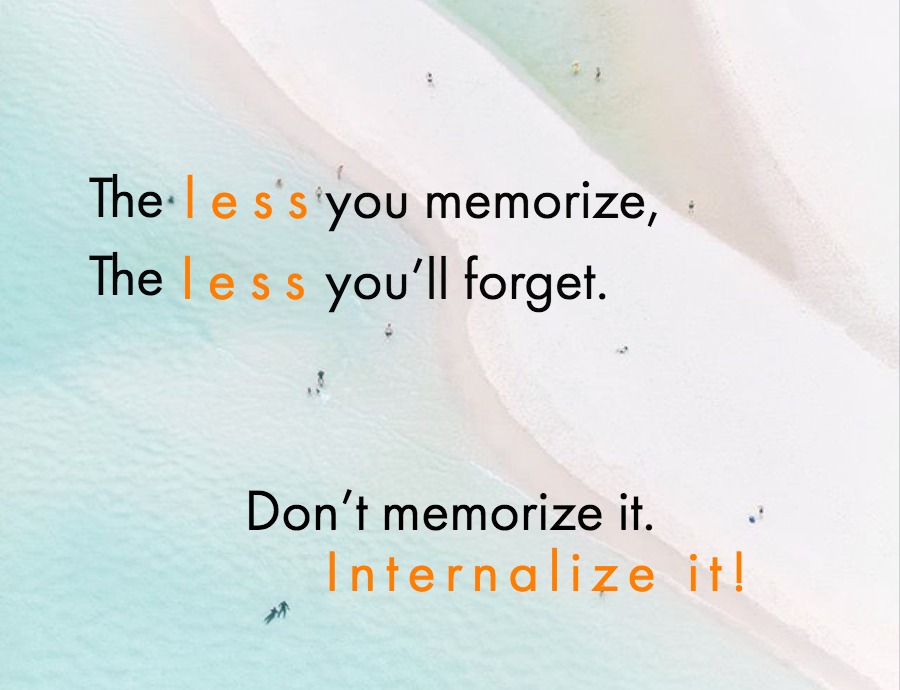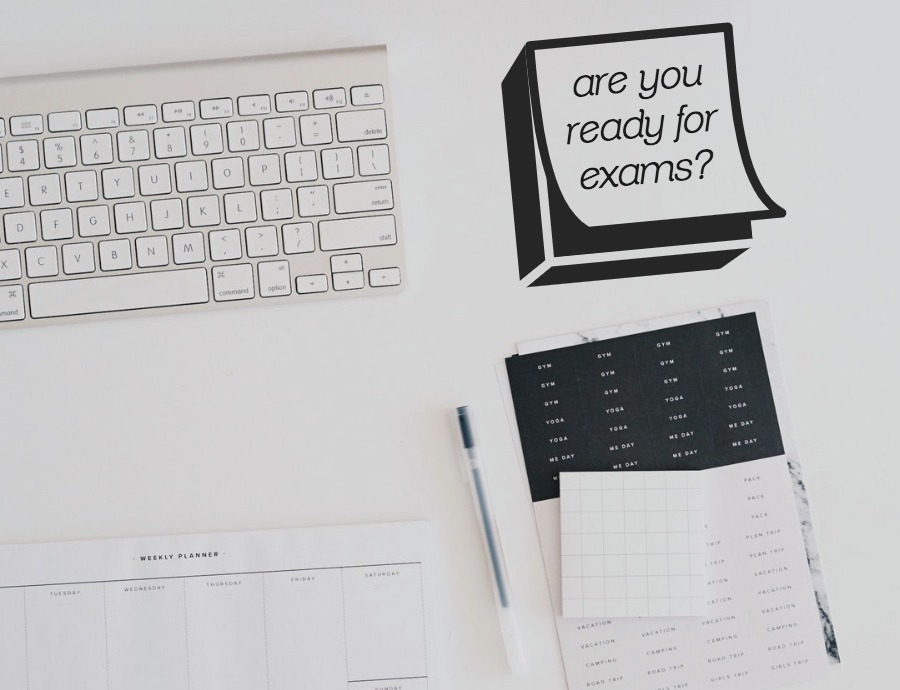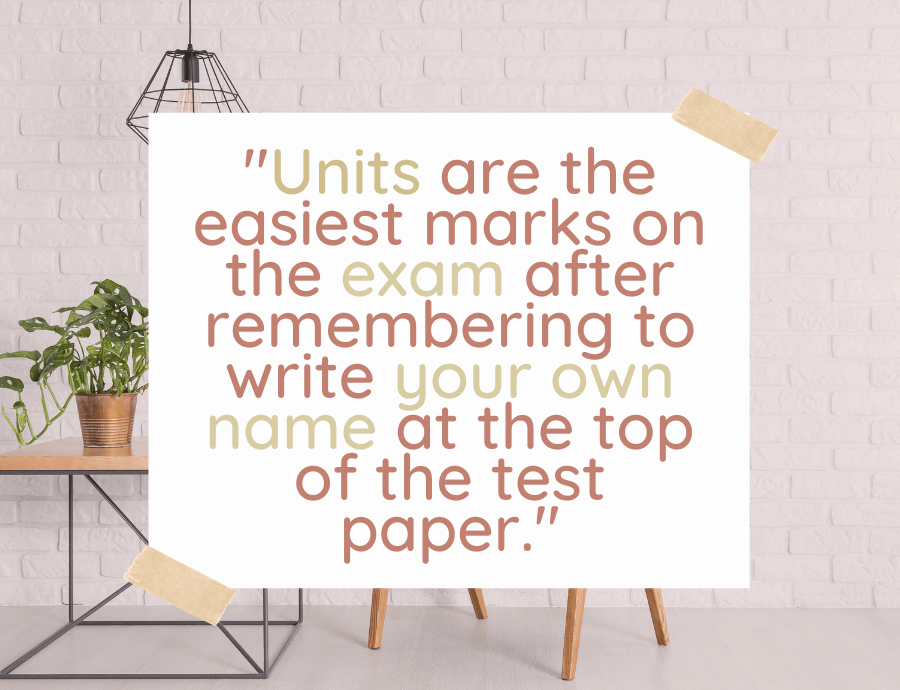Most classes involve an enormous amount of new information, and some even include a whole new vocabulary. These courses involve a tremendous number of definitions. You’ll notice this around exam time when you need to memorize them all. Definitions are particularly difficult to commit to memory because you have little context for the information, and because you’re still getting used to the language of textbooks and lectures.
Here are some tricks that might help:
Another great way to study well is to study smart. Play around with different techniques, and find which ones work for you. It’s also important to ask for help when you need it. Check out Prep101 as an important student resource.
Here are some tricks that might help:
- Understand the ideas first. It’s very difficult to remember something that isn’t clear to you, so if you want to remember the material accurately, then you need to make sure that you understand it first. Test yourself by trying to explain the concept to someone else. If you find that you can’t really explain it, or that you can’t really wrap your mind around it, then ask for help immediately. Ask for clarification from professors, TAs, or even classmates.
- Write out the definitions in your own words. It’s very difficult to remember how the textbook worded a definition. It’s much easier to remember if you can hear it in your own words. Rewrite all definitions in your own words and sentence structure to help you to put them into long term memory.
- Read them often. Reading a definition once, or even multiple times in one day, will help you to put it into short-term memory, but to put it into long-term memory, you need to read it much more often, and over a much longer time frame. Re-read your rewritten notes after every class, every week, and often while studying for quizzes, tests and exams. Make yourself a list of definitions and get in the habit of reading them every day. Update the list as the semester progresses.
- Read them out loud. You’re more likely to remember if you use more than one sense. Read your definitions out loud, and you’re more likely to hear them as you need to remember them. You’re even more likely to remember if you find a rhythm or a beat.
- Read them before you sleep, to aid recall. Studies have shown that people tend to remember more, and remember better, when they work right before sleeping. Sleep allows your unconscious brain to sort and process information, and to make new connections. The information will be easier to assimilate. Don’t sleep in class, however. It’s not worth it.
- Organize them (several times, in several ways). Concepts are often easier to understand in clusters, so group together the definitions in several ways, using several different heading/subheading classifications. As you organize and reorganize, make sure that you write out the entire definition, and not just the term’s name. This will go far to help you put the concepts and definitions in your long-term memory.
- Find the concepts interesting/find their use. It’s very difficult to memorize something that you find boring. It’s much easier to recall something that you find interesting, unusual, different or out of place. (You can imagine the evolutionary reasons behind this.) So find the novelty in the concepts that you have to memorize. Force yourself to see them as interesting. Determine their use to you in your life after university. Imagine the instances when you’ll be able to talk about them. Find a way to make them stand out in your mind.
- Use flashcards. Write out your definitions on flash cards, and use them to quiz yourself. Make sure that you study actively here, and that you write out all definitions as you go through your set of cards. It’s easy to trick yourself into thinking that you understand or remember more than you do if you’re simply saying definitions in your head.
- Work through the flash cards with friends. Another great way to use flash cards is to go through them with friends, and to say the definitions out loud. You might remember more if you hear them in familiar voices.
Another great way to study well is to study smart. Play around with different techniques, and find which ones work for you. It’s also important to ask for help when you need it. Check out Prep101 as an important student resource.








